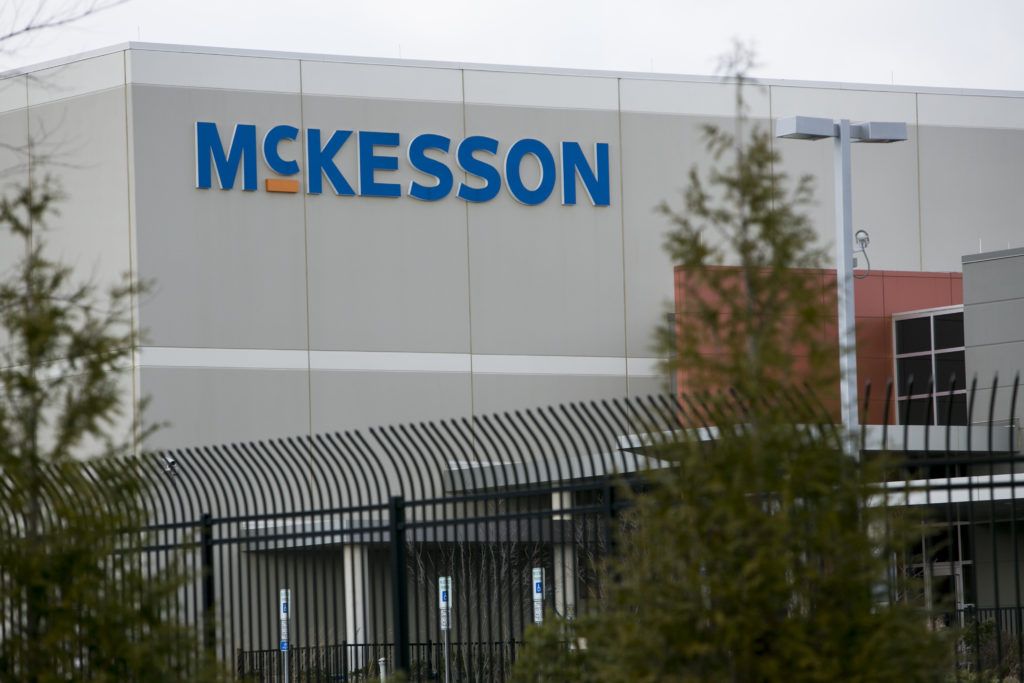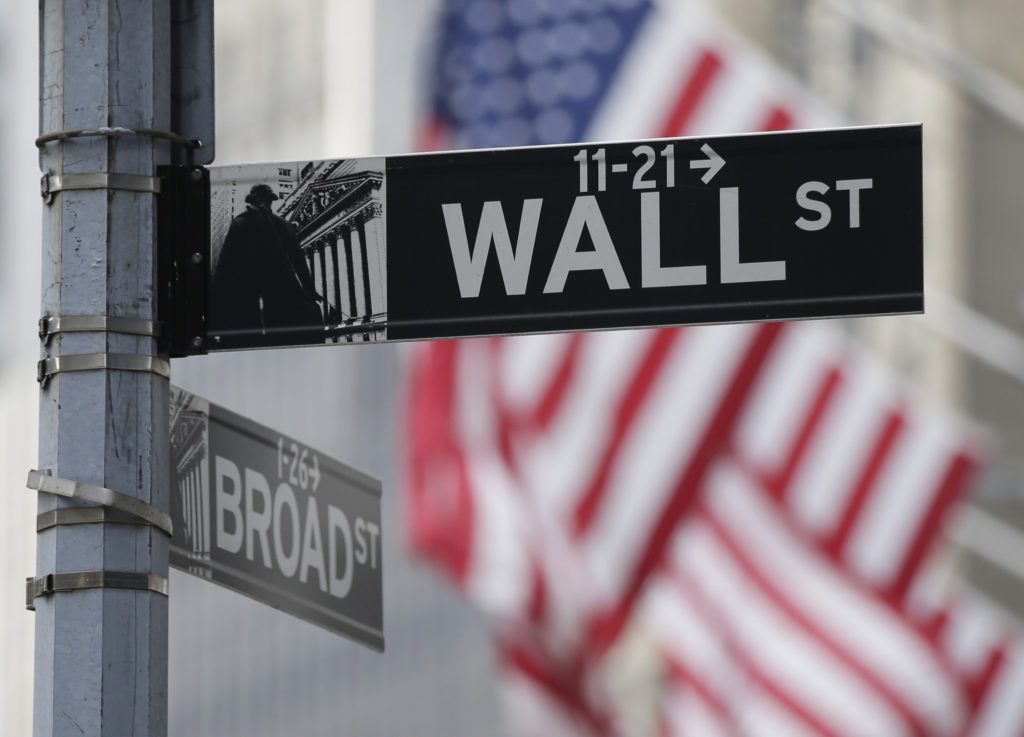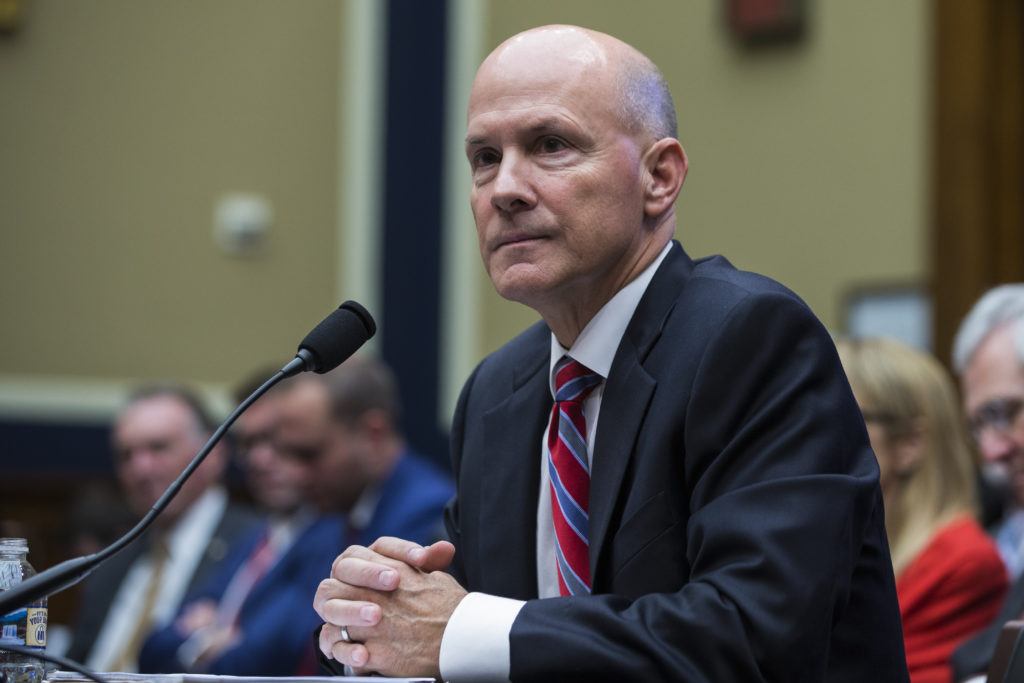President Trump's inauguration committee raised a record $100 million-plus. Wealthy individuals and corporations spend billions a year trying to influence government decisions. - Credit: Mario Tama/Getty Images
“Supplied controlled substances in support of criminal diversion activities.”
“Failed to review orders for suspicious activity.”
“Ignored own procedures designed to prevent diversion.”
These are statements from a Drug Enforcement Agency (DEA) memo, published last weekend by The Washington Post, detailing the findings of a two-year inquiry into America’s largest drug distributor, McKesson Corporation. It concerns the distribution of opioid drugs, the powerfully addictive painkillers currently ravaging the US.
Almost 100 people die every day from opioids and prescription opioids have become a gateway drug to heroin. Opioid-related deaths are so common, in fact, that state health departments have resorted to encouraging citizens to carry an antidote in case they come across an addict who has overdosed. It is no exaggeration to say that the opioid epidemic is devastating families, communities, and even entire states (West Virginia received 780 million pills in just 6 years, distributed by companies such as McKesson – as the Post points out, that’s “433 doses for every man, woman and child”).
McKesson was found to have been sending quantities of pills to small town communities that would have been typical of shipments to large city drugstores adjacent to medical centres. One pharmacist, based in a small suburb outside of Denver, Colorado, sold up to 2,000 pills a day. A Colorado grand jury indicted him on drug trafficking charges for which he is now serving a 15-year sentence. The indictment states:
“The Grand Jury learned of evidence demonstrating that Clawson’s Platte Valley Pharmacy engaged in the regular purchase of Oxycodone from McKesson that was either unusually large, unusually frequent, and/or which substantially deviated from the normal pattern typically observed for comparable pharmacies in the area in and around Brighton. Colorado. From 2008-2011 the percentage increase for Oxycodone 30 mg orders supplied by McKesson to Platte Valley Pharmacy was approximately 1,469%.”
McKesson was not charged in the Colorado indictment.

That is just one example of McKesson’s failure to act on suspicious orders. The DEA investigation, covering nine field offices, resulted in a $150 million settlement with McKesson. But according to 60 minutes correspondent Bill Whitaker, that settlement is “the story of a company too big to prosecute”.
McKesson is not the first multi-billion-dollar corporate to fall into ‘the too big to properly punish’ category. They won’t be the last. That’s what happens when big business becomes all powerful; when corporate donations buy the rule-makers and the revolving door of jobs dangles the possibility of lucrative post-government employment.
****
David Schiller, the 30-year DEA veteran who led the investigation into McKesson, is blunt in his assessment of the $200 billion a year firm: “‘They’re killing people’. And their motive? This is all for financial gain.”

 Main Edition
Main Edition US
US FR
FR







Join the discussion
Join like minded readers that support our journalism by becoming a paid subscriber
To join the discussion in the comments, become a paid subscriber.
Join like minded readers that support our journalism, read unlimited articles and enjoy other subscriber-only benefits.
Subscribe